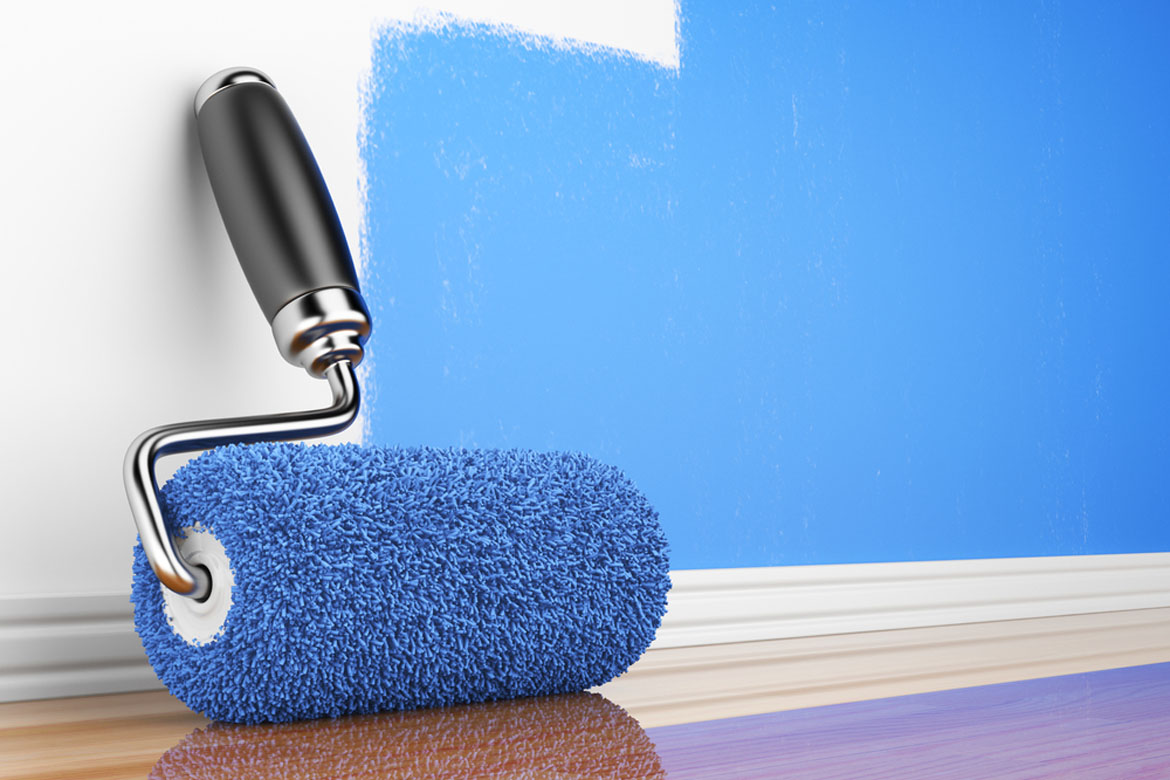Beginner House Flipper Tips
If you’re going to embark on flipping a house, it’s important to know what you’re getting yourself into – especially if it’s your first time. There are a lot of potential things that can go wrong when you’re trying to flip a home for profit. There could be issues with the title of the home. Or, the plumbing might need much more extensive repairs than you were expecting. With that said, house flipping can also be insanely profitable and net you thousands of dollars in profits. Below, we’ve outlined our favorite house-flipping tips to go over some of the basics.
Find the Right Location
You’ve heard the famous saying: the most important part of a property is “location, location, location”. The best way to find a house with a good chance of making a profit is by targeting areas with home values that are on the rise. It’s also important to look for neighborhoods with growing employment opportunities and highly-rated schools.
You should avoid homes that are in run-down areas with bad schools and high crime rates. Why? Although the neighborhood could eventually turn around, it won’t be different in the time it takes you to flip and sell the house.
A good rule of thumb is to buy the “worst” home on the best street. Stick to that phrase when you’re shopping and comparing properties.
Get Your Financing in Order
After you’ve chosen a property, make sure you get a loan. You can do a traditional loan or instead, you might want to opt for hard money lenders. You’ll need to do your own research to figure out what kind of financing makes the most sense for your particular project. Again, it’s crucial to do your due diligence and begin shopping around for lenders and shoring up your personal finances before you look for a loan. Make sure you get a preapproval letter, so sellers know that you’re a serious buy who is ready to close immediately.
Know the Market
Before you jump into your first flip, you’ll need to get to know your local real estate market. Do you know the areas that are up-and-coming? Do you know if it’s a seller’s or buyer’s market? What are similar properties selling for in the areas? What are buyers in the area looking for in terms of home features?
One way to learn more about the local market is by working with a local real estate agent. Local sales comps are good for basic understandings of what price you should buy a fixer-upper and what price you should sell it at.
Hire the Right People
It’s very rare that someone can fix and flip a house on their own. Unless you’re a contractor, salesperson, construction worker, carpenter, and building code expert – you will likely need to rely on outside help for large portions of the project. Make sure you spend time picking the team that will help you with the flip. You’ll need a CPA, a home inspector, a contractor, a real estate agent, and perhaps an architect.
Make a Budget
Flipping a home is an expensive gamble. It’s very important to make a budget beforehand. This means that you’ll need to lay out the costs for everything: repairs, estimates, and other expenses. Not to mention, you’ll also need to factor in that you’re paying the mortgage on the house while you still own it.
And most importantly, make sure that your budget will have built-in flexibility. It’s critical to have this buffer because house-flipping projects tend to have their fair share of unexpected surprises pop up. It’s in your best interest to account for the unknown as best you can.
Takeaways: Flipping a House and Making Bank
Although a house flip doesn’t guarantee you money, it does have a good chance of working out if you actually do your research. First-time flippers often bite off more than they could chew, which means they underestimate the work that needs to be done and overestimate their ability to find a flip. In turn, first-time house flippers often don’t end up with a big profit margin. But by using this article as a guide, you can enjoy a successful house flip.








